OU News
News from The Open University
- Home
- Category: Arts and social sciences
Category: Arts and social sciences
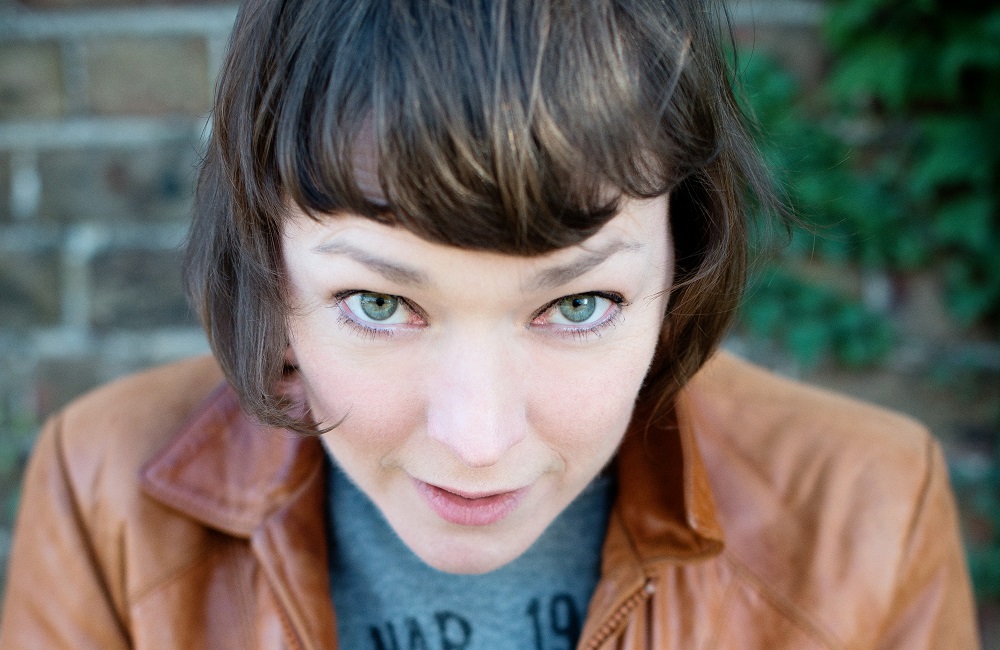
‘It’s the reason I’m a novelist’ – award-winning children’s author talks about studying with the OU
M. G. Leonard, award-winning author of bestselling children’s book series, Beetle Boy achieved a BA Degree in English Literature nearly 12 years ago. After not enjoying school and working various jobs in her 20s, the OU set Leonard on her path to becoming a writer. As we mark International Literacy Day on September 8th, Leonard […]

“Current mobile phone laws are outdated”
Tougher restrictions on driving while using a mobile phone and stricter enforcement of the law could prevent deaths and serious injuries from related crashes on the roads, says new House of Commons report. In Road Safety: driving while using a mobile phone, the Transport Committee says the evidence is clear: using a mobile phone while […]
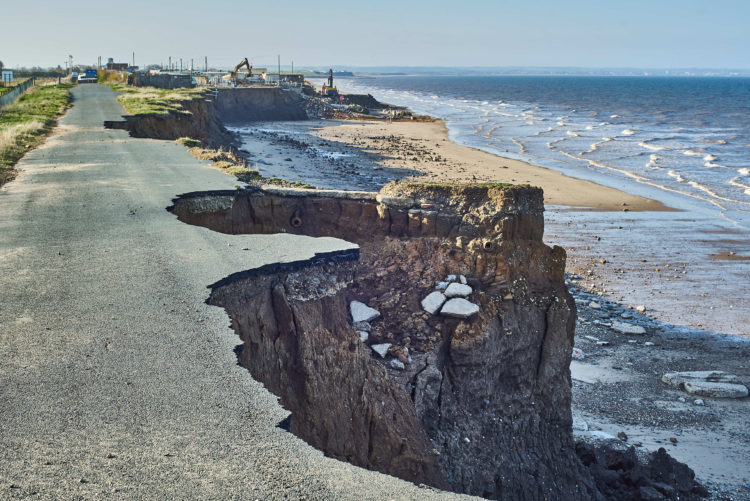
OU academic gives evidence to Parliament inquiry on coastal flooding and climate change
Community engagement has a key role to play in policy and planning processes for coastal flooding and climate change, says an OU geographer giving evidence to a Government inquiry. Dr George Revill, Senior Lecturer in Geography from the Faculty of Arts and Social Sciences, has today given oral evidence to the coastal flooding and adaptation […]
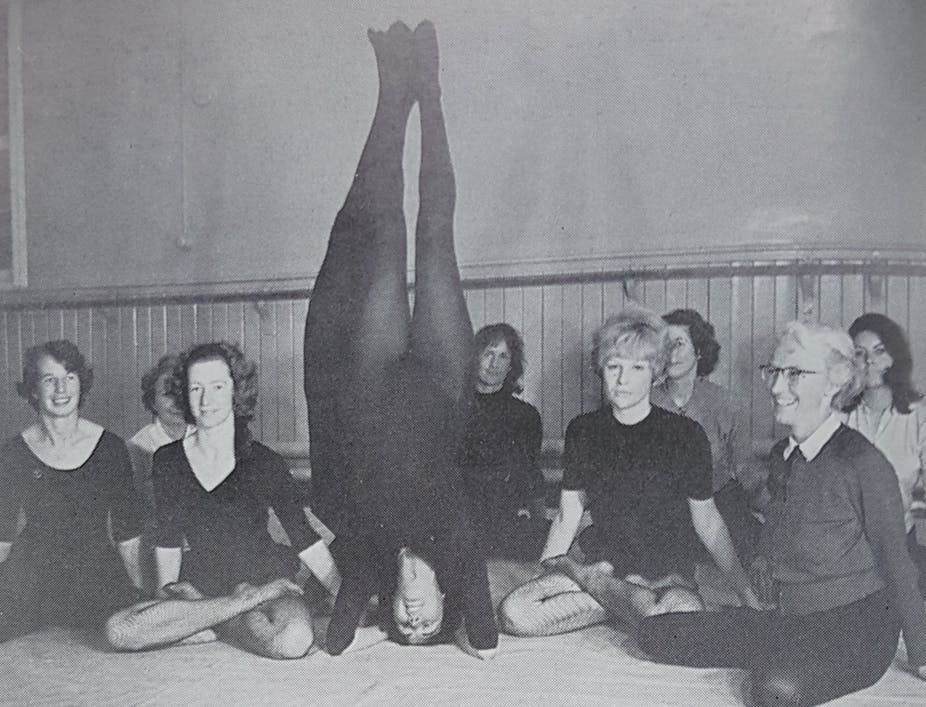
How yoga conquered Britain: the feminist legacy of Yogini Sunita and Kalaish Puri
Suzanne Newcombe, The Open University writing for The Conversation. From fairly obscure beginnings in the mid-20th century, the practice of yoga in Britain has become a massively popular pastime. It’s hard to find official figures for just how many people practise yoga regularly, but it’s thought that between 300,000 and 500,000 people regularly take part […]
Read more about How yoga conquered Britain: the feminist legacy of Yogini Sunita and Kalaish Puri

Meat is masculine: how food advertising perpetuates harmful gender stereotypes
Kate Stewart, Nottingham Trent University and Matthew Cole, The Open University The UK Advertising Standards Authority has introduced a new rule in its advertising code which bans adverts which feature gender stereotypes “that are likely to cause harm, or serious or widespread offence”. This is a welcome step towards challenging the everyday normality of patriarchy […]
Read more about Meat is masculine: how food advertising perpetuates harmful gender stereotypes

A urinal in a Scottish pub reveals why toilets matter in international politics
If you wanted to see international politics in action, where would you go? Maybe the UN headquarters in New York to see diplomats debating resolutions of global import? Or drop in on one of the world’s many financial hubs, where trading shapes international markets and determines the success or failure of nations. But you probably […]
Read more about A urinal in a Scottish pub reveals why toilets matter in international politics

In-car technology: are we being sold a false sense of security?
From Alexa and Siri to intelligent speed assistance, there’s a lot of technology competing for our attention while driving,
Read more about In-car technology: are we being sold a false sense of security?
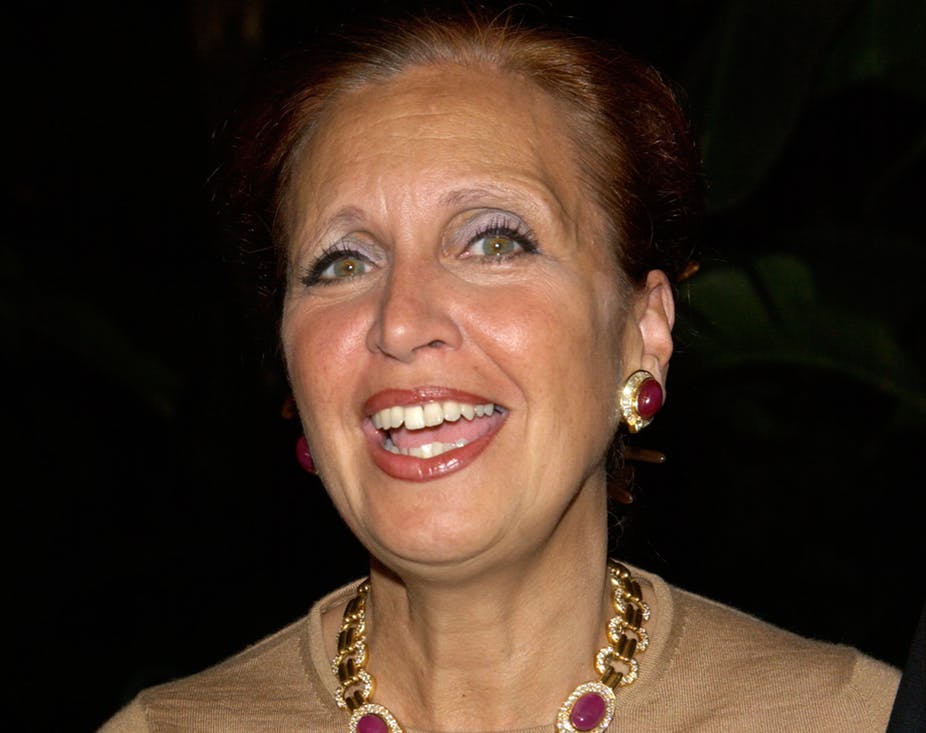
How to write a novel – four fiction writers on Danielle Steel’s insane working day
Sarah Corbett, Lancaster University; David Bishop, Edinburgh Napier University; Edward Hogan, The Open University, and Liam Murray Bell, University of Stirling writing for The Conversation. She might be the world’s most famous romance writer, nay the highest selling living author bar none, but there’s little room for flowers and chocolates in Danielle Steel’s writing regime. […]
Read more about How to write a novel – four fiction writers on Danielle Steel’s insane working day

Globalisation was rife in the 16th century – clues from Renaissance paintings
Leah Clark, The Open University,writing for The Conversation. For many, the Renaissance was the revival or “rebirth” of Western classical antiquity, associated with great artists painting the Sistine Chapel and the invention of the printing press in Europe. These local, European phenomena seem rather parochial compared to today’s world, where a hashtag on Instagram connects […]
Read more about Globalisation was rife in the 16th century – clues from Renaissance paintings
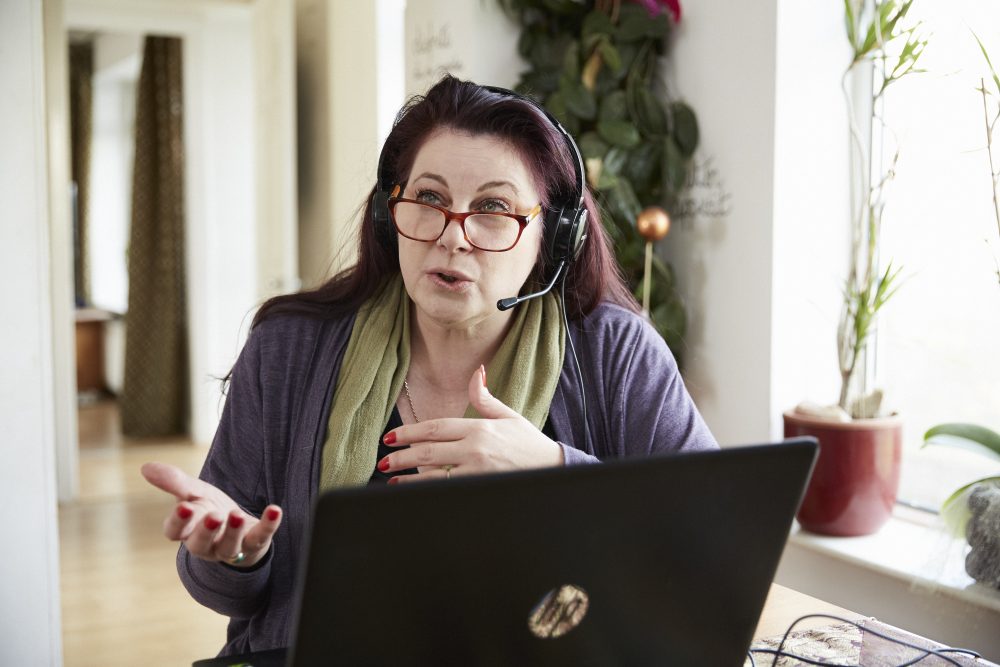
From the West End to the OU – how study set Karena on a new path
As an Open University student turned Associate Lecturer, Karena Serdecka-Rhodes-Bell understands first-hand how education can help to open new doors. Karena previously worked as a professional actress, singer and musician, performing in the West End and on TV, film and radio, before her OU psychology degree inspired her to become an OU Associate Lecturer. “I […]
Read more about From the West End to the OU – how study set Karena on a new path
Page 34 of 56